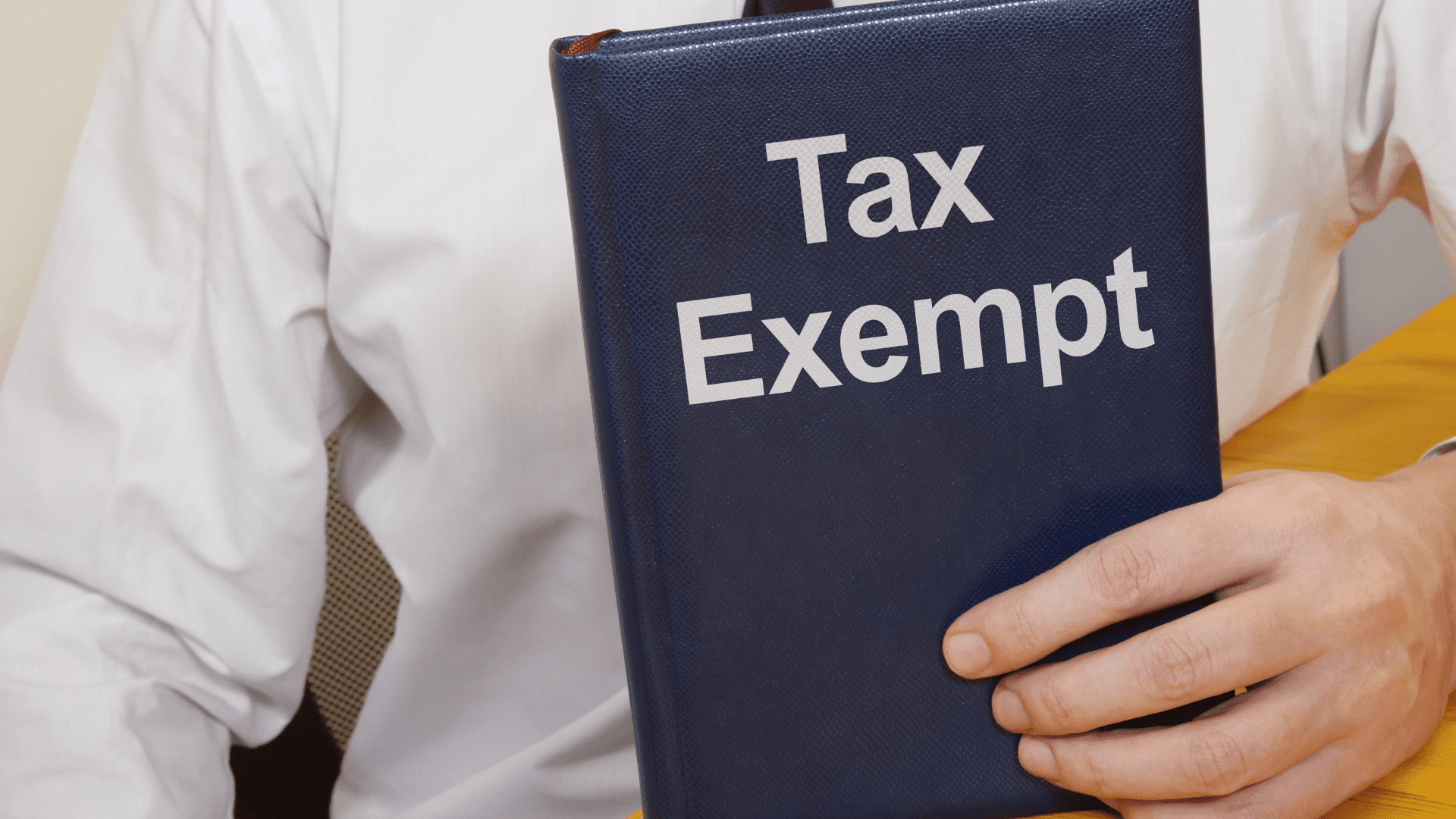
Let’s talk about sales and use tax exemptions and how they can benefit your business finances. Discover the types of goods and services that may be exempt from sales tax and how to claim your exemption.
Every state has a category of items that are exempt from sales tax or are taxed at a lower rate. Typically, these exemptions are food and medicine, but it varies depending on the state. Certain types of sales transactions are exempt due to the characteristic of either the buyer or the seller; it’s not always dependent on the taxability of the item itself. Here are some things to know:
A sales tax certificate is required because it proves that the person or business’ goods or services are eligible for a sales tax exemption. The certificate shows that the purchase is for a specific purpose which is exempt from sales tax, such as resale or for use in manufacturing.
By requiring a sales tax certificate, governments ensure that only those who are eligible for a sales tax exemption are able to claim it. They help maintain the integrity of the sales tax system and prevent fraudulent claims.

Every state has its own unique set of exemptions from sales tax. But generally, exemptions are provided based upon a few types of things, such as:
To simplify things, we can fit exemptions into two main categories.
So let’s really simplify this, shall we? Here’s an example.
Let’s say you have a lemonade stand. You buy all the ingredients to make lemonade; the lemons, sugar, and cups. When you buy those things you have to pay a sales tax. But let’s say, instead, you want to sell those ingredients to make your lemonade and sell it, you don’t have to pay that tax because you’re going to collect it from your customer on the sale to them.
If a vendor buys items to sell in their store, they don’t have to pay the sales tax because they’re going to collect it on the sale of those items to their customers. USE-BASED: Some taxpayers may purchase items exempt because they will use the items in a way the state has exempted. A common example is the purchase of manufacturing equipment or supplies when used to produce other tangible goods for sales to the public.
2. Customer exemptions: Another major category of exemptions is based on the specific types of customers. Certain customers are exempt from paying sales tax on their purchases. These may include:
It is the buyers’ responsibility to provide their exemption certificates so as to not be charged sales tax. The sellers need to keep documentation of these exemptions on file.
Unfortunately, no. Every state has its own exemption certificates, along with its own rules and regulations covering their use. Generally most states have the same broad categories of exemptions. But since not every state has every exemption in place, local rules and regulations must be taken into consideration.
To make matters more complex, every state varies with the specific information that must be included in an exemption certificate. At a minimum, a certificate should include:
You also need to be aware that exemption certificates come in many different forms of certificate.
Once you know what an exemption to sales tax is, you need to also learn the importance of having them validated, how to obtain one and understand how to set up a process to manage your exemption certificates. Read more to find more details about sales tax exemption in your state.
If you have further questions about your sales tax exemptions and how they may apply to your specific situation, hop on a free “What’s Next Call”. We can help you navigate the ins and outs of exemption certificates and how they apply to your unique situation. There is confidence in collaboration, we hope to hear from you soon!
We care about your data — privacy policy.